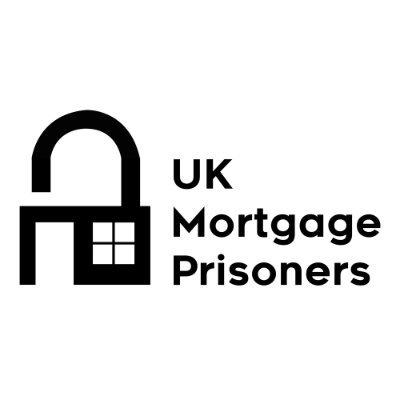
The term "mortgage prisoner" describes a homeowner in the United Kingdom who is trapped on a high-interest mortgage rate and is unable to switch to a more affordable deal. This situation is a direct consequence of the 2008 global financial crisis and subsequent changes to lending regulations. The UK Mortgage Prisoners organization, founded as a grassroots campaign, has emerged as a central voice in advocating for these homeowners, providing both support and a platform for political action.
The mortgage prisoner crisis can be traced directly back to the dramatic collapse of the UK housing and financial markets in 2008. Before the crash, lending practices were significantly more relaxed. Lenders offered a variety of high-risk loans, including those with minimal deposit requirements and interest-only mortgages that required no proof of a repayment plan. When the crisis hit, the government was forced to nationalize several failing lenders, most notably Northern Rock and Bradford & Bingley.
Following the nationalization, the government established a publicly owned body, UK Asset Resolution (UKAR), to manage these vast "closed books" of mortgages. The term "closed book" is critical here; it refers to a mortgage portfolio held by a firm that is no longer an active lender, meaning it does not offer new mortgage products. With no new loans to offer, these firms had no incentive to provide their existing customers with competitive rates. When the initial fixed-rate deals of these customers expired, they were automatically switched to the lender's high Standard Variable Rate (SVR), with some rates climbing as high as 9%.
Simultaneously, the financial authorities introduced a new, stricter regulatory framework. The Financial Conduct Authority (FCA) implemented tighter affordability tests to prevent another lending crisis. These new rules, while necessary for the stability of the financial system, created a critical problem for the homeowners in the closed books. Even those who had been consistently making their payments on time could no longer pass the new, stringent affordability checks required to remortgage with a new, active lender. They were, in effect, trapped—financial prisoners in their own homes.
Recognizing the injustice and the devastating impact on an estimated 250,000 households, the grassroots organization UK Mortgage Prisoners was formed. What started as a Facebook support group rapidly grew into a formal, non-profit organization dedicated to fighting for mortgage reform. The group is led by Rachel Neale, a campaigner who has become the public face of the movement.
Over the years, various solutions have been proposed and debated, with limited success. The campaign has called for the following actions:
In October 2019, the FCA introduced a "modified affordability assessment" which was intended to help some mortgage prisoners switch lenders. This provision allows lenders to waive some of the stricter affordability checks for eligible borrowers, provided the new mortgage is more affordable and the borrower isn't seeking to borrow more money or move to a new property. While this was a step in the right direction, its effectiveness has been limited as lenders are not required to adopt the new rules, and many have been hesitant to do so. The UK Mortgage Prisoners group and other advocates continue to call for more comprehensive government intervention.
The crisis has been more than just a financial issue for the individuals and families affected. The mental health toll is significant, with many reporting feelings of anxiety, stress, and hopelessness. The fear of repossession, coupled with the daily reality of paying an unaffordable mortgage, has led to a great deal of emotional and psychological distress. As the campaign's success stories and testimonials show, the support provided by the UK Mortgage Prisoners group is as much about restoring hope as it is about finding a financial solution.
The fight is far from over, but the existence of UK Mortgage Prisoners has given a powerful voice to a group of people who had been ignored for far too long. They have brought a complex financial issue to the forefront of the political agenda, reminding policymakers that behind every statistic is a human story of struggle and resilience.